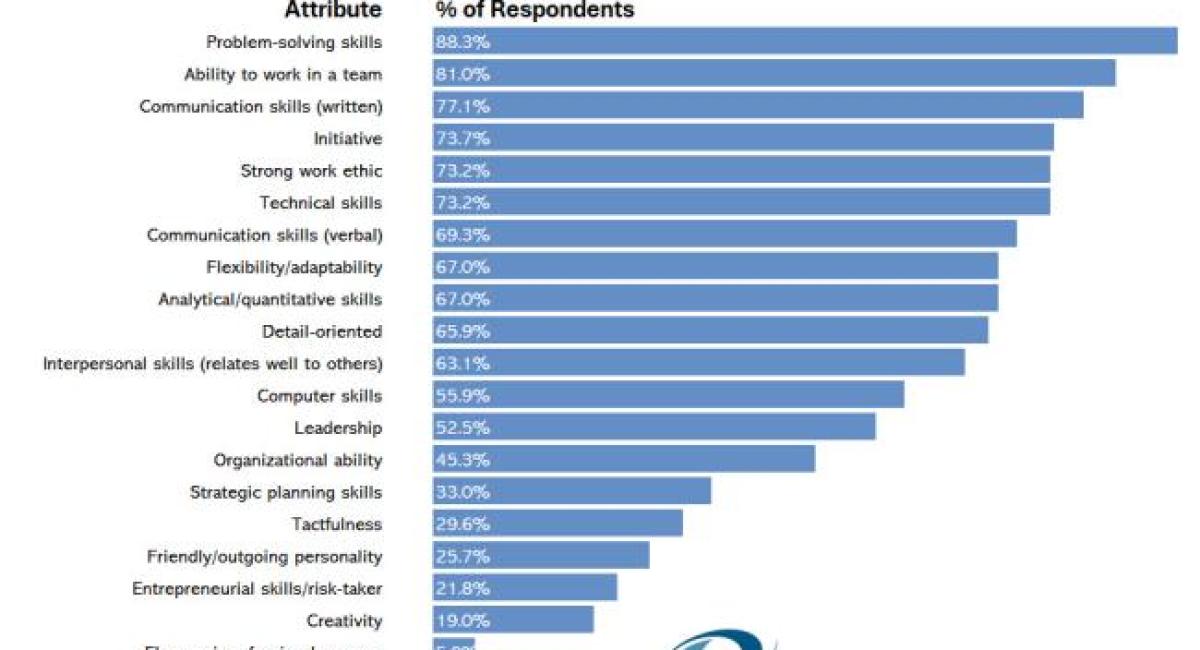As students we reach many thresholds: graduating high school, getting into college, getting into graduate school or medical school, completing our postdoctoral fellowship, residence, or internship. Many times, we spend a major portion of our time planning for the next threshold.
Help Is Out There: Navigating Graduate School’s Challenges
Embarking on your graduate career can be exciting. You’re designing your own experiments, directing your own scientific inquiry, uncovering new knowledge. There’s so much to learn! It also comes with a unique set of challenges. There is a lack of structure – there’s no set end time, and the milestones along the way aren’t rigidly defined and often depend on you. You’re expected to work more independently than you have in the past. In addition, you may receive infrequent feedback on your work, and what you do hear is often critical.
Managing Expectations
Expectations are a natural part of life and are important because they provide clarity, help provide direction, and offer ways for accountability to be maintained. Despite expectations being essential, they can be complex to navigate. Below are three components that can make expectations challenging:
Finding Courage Through Vulnerability
The pandemic has brought with it numerous hours to fill with some otherwise atypical activities. Admittedly, I’ve found myself turning to streaming series/shows far too often. It has certainly served as distraction and respite from other challenges, but it also allowed me time to catch up on desired viewing. Brené Brown’s The Call to Courage video on Netflix was at the top of my list. (Full disclosure, the video has lots of storytelling at the beginning and research findings shared near the end). Dr. Brown is a social work researcher focusing on topics of courage, vulnerability, empathy, and shame from the University of Houston.
Growing Beyond Imposter Fears: It’s a Journey, Not a Destination
“Be okay with being uncomfortable.” This is a quote that I read every day to remind myself that there may be days when I feel that I am not qualified enough to accomplish my goals. In my younger days, I was never afraid to experience things for the first time that were out of my comfort zone. Through life’s experiences, I saw self-doubt and imposter fears encroach on my fearlessness, and I had to develop strategies to work through these emotions.
Do Time Management Skills Exist? Yes!
We often wonder to ourselves, “Where has the time gone?” or find ourselves wishing that there were more hours in the day. As we continue to ponder that question or wait for that wish to come true, let’s consider our perspective on time!
Fulfillment and Flow through MarioKart
While the past two years mark a time of profound loss, they also mark a time of extraordinary social transformation, particularly in the virtual realms. After the initial shock and grief that the world felt in lockdown, we collectively experienced the widespread rekindling of old hobbies, mass Twitter activism, many failed attempts to make Dalgona coffee, and a near-universal feeling of meh.
Don’t Think You Have Any Networking Contacts? Here’s How to Find Some.
For some people “networking” is an intimidating word. They say, “I don’t have any contacts and networking sounds scary.” If you start by thinking about what careers you want to learn about and who you can reach out to who is working in those career areas, the process may feel less intimidating. Calling these interactions informational interviewing can take some of the stress out of learning about career options and developing new contacts.
To PI or Not to PI---that is the question
As a postdoc, I wrestled with the decision not to become a faculty member running a large research group (Principal Investigator, or PI). Truth be told, I had never wanted to be a PI. As an undergrad I saw the job my PI had at a large state school, and it did not entice me. That said, I did think academics might be the way for me, so I went to grad school with a goal to be a faculty member at a small college. My grad school and postdoc experiences revealed: PI-land was not my cup of tea—and in fact, maybe even a faculty position at a small school was not the right choice. I remember making a list of pros and cons to clarify my decision to do something else.
Your Identity Matters: Living Your True Self: “Puedes dejar la isla pero la isla nunca te deja a ti”
Guest Blogger: Natasha Lugo-Escobar, PhD: Director, NIH Academy Enrichment Program (NAEP), OITE
Part of the "Voices of OITE"




